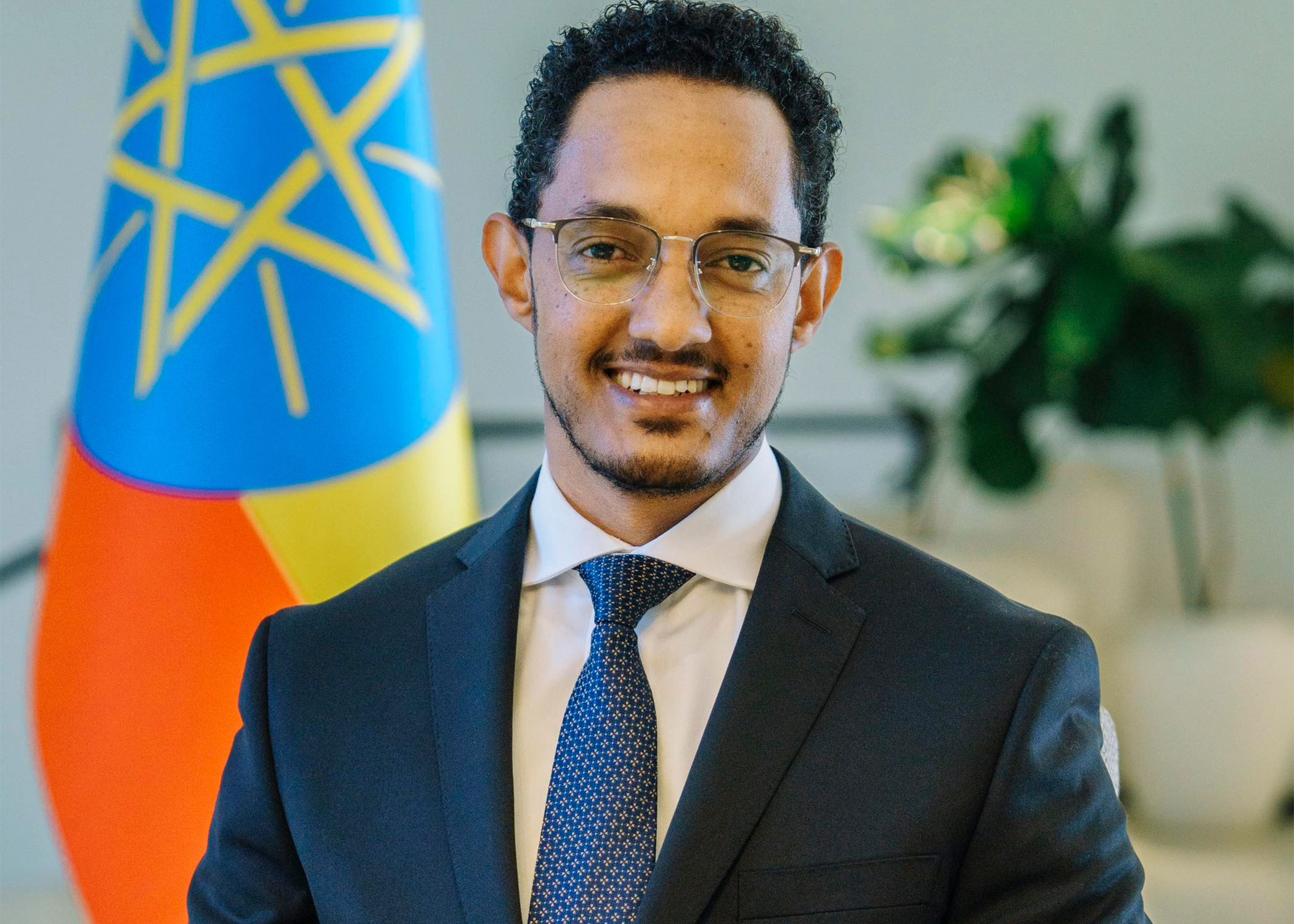
Dec 29 , 2024.
A 25-year-old civil engineer graduate left for Thailand in September 2023, lured by the promise of a high-paying digital marketing job. He had struggled to find stable employment after graduating in 2021, bar a temporary stint as a math teacher that paid him a paltry monthly salary of 3,500 Br. It compelled him to rely on his farmer parents for rent. When a friend from the university touted a seemingly effortless online business opportunity in Thailand that could pay 60,000 Br a month, he seized what felt like a lifeline. Upon arrival in Bangkok, the promised job never surfaced. Instead, he found himself stranded, waiting for days until the same friend sent someone to escort him into Laos. There, he was made to sit through a test for what he believed was an online marketing role, but discovered, to his horror, that he had been recruited into a scam operation. For two months, he endured extreme working hours without pay, tasked with conning social media users. When illness struck, the job’s organisers begrudgingly took him for medical attention in Thailand, only to have him abducted at the airport and trafficked back to Laos and then into Myanmar.
In Myanmar, the young man was detained for 12 days, subjected to electric shocks, and told he owed 5,000 dollars for his release. Unable to produce the ransom in full, his relatives scraped together 2,500 dollars, forcing him to face the threat of 18 months of unpaid work. Exhausted and broken, he was eventually allowed to return to Ethiopia. Today, he is hobbled by debts exceeding 350,000 Br, lingering physical pain, and haunting memories of captivity. He is not alone.
The United Nations (UN) estimates that more than 120,000 people are enslaved in cyber-fraud operations throughout Myanmar and Laos. A parent-led committee in Ethiopia has documented at least 270 individuals held against their will in those countries and Cambodia, but they fear the actual number might be closer to 3,000. Many are college graduate men and women, including medical doctors, who left Ethiopia seeking better prospects but were seized by traffickers operating in the “Golden Triangle," a hotspot for the scams near the borders of Myanmar, Thailand, and Laos. Families of those held captive describe relentless torture, gruelling 16- to 18-hour work days, and heart-wrenching isolation. They speak of phone confiscations, punishing quotas for defrauding social media users, and prolonged confinement in dark rooms for those who fail to meet targets. Despite raising awareness and repeatedly submitting names to the Ministry of Foreign Affairs, many families remain stuck in perpetual anxiety, powerless to rescue their loved ones from militia-controlled territories beyond the reach of the Myanmar government.
PUBLISHED ON
Dec 29,2024 [ VOL
25 , NO
1287]

Photo Gallery | 173720 Views | May 06,2019

Photo Gallery | 163945 Views | Apr 26,2019

Photo Gallery | 153981 Views | Oct 06,2021

My Opinion | 136563 Views | Aug 14,2021

Oct 11 , 2025
Ladislas Farago, a roving Associated Press (AP) correspondent, arrived in Ethiopia in...

Oct 4 , 2025
Eyob Tekalegn (PhD) had been in the Governor's chair for only weeks when, on Septembe...

Sep 27 , 2025
Four years into an experiment with “shock therapy” in education, the national moo...

Sep 20 , 2025
Getachew Reda's return to the national stage was always going to stir attention. Once...